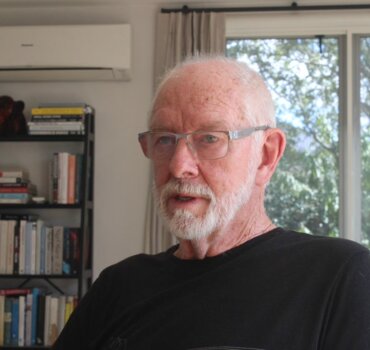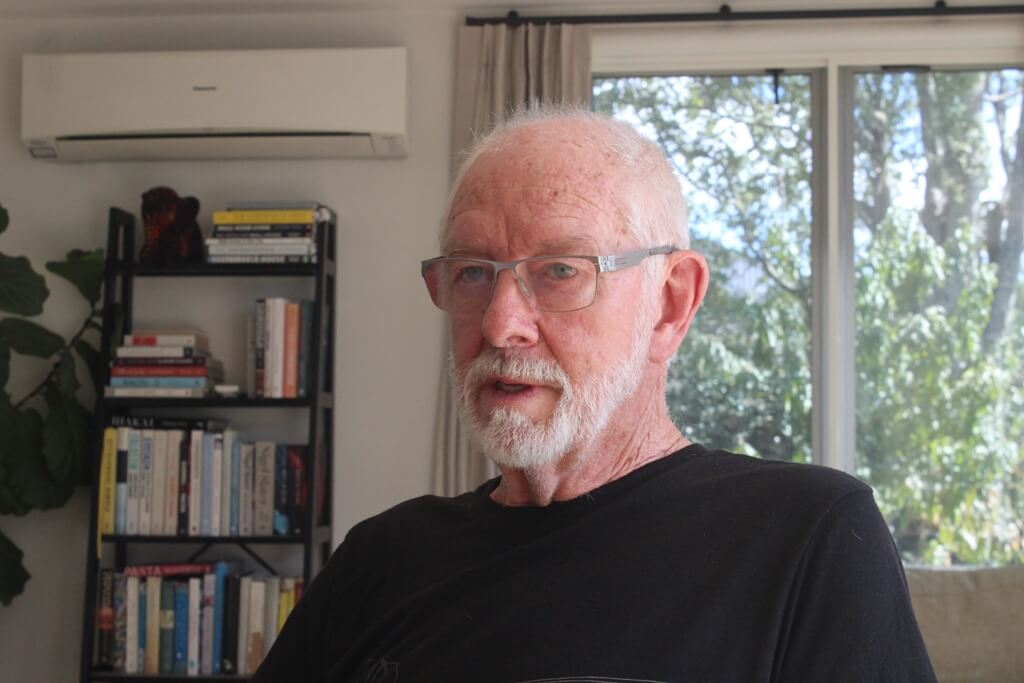
Peter Nicholl

Peter Nicholl
The 2023 election campaign is well and truly underway and the various parties have been revealing their policy platforms.
What has struck me as both interesting and concerning is the huge disconnect between two of the most important policy areas. The first debate centres on the areas that are suffering because of past underfunding by successive governments. Health, roading and the universities are three such areas already identified and others will probably appear during the campaign.
Most political parties seem to accept that these shortfalls are real and are serious. Their main area of disagreement is whose fault it is.
The second debate centres on taxation. Given the large shortfalls in government expenditure identified in the first debate, I would have expected the second debate to focus on how these shortfalls should be funded. But most of the taxation debate has been either been about reducing certain taxes or ruling out the imposition of others. Most households know what would happen to their financial position if they spent more but earned less. The same simple arithmetic applies to governments.
Two taxation areas that have got a lot of early attention in the campaign are a capital gains tax and exempting certain items, like basic food, from GST. Internationally, New Zealand is in a minority on both of these tax issues. I said in an earlier column that New Zealand is one of only about 30 countries in the world that doesn’t have some form of capital gains tax and most of the other countries that don’t are very small.
I said it was inevitable that New Zealand would have to follow suit and the only question was when. Recent surveys have shown that a majority of New Zealanders support the idea of some form of capital gains tax.
Despite that, the two main parties have ruled a capital gains tax out for this election. I don’t understand their logic either on economic or political grounds. Delaying the inevitable seldom makes for good policy.
With regard to GST on food, most other OECD countries also either exempt food, apply a zero-rate or apply reduced rates. The New Zealand GST system is certainly simpler than that in most other countries and that does have cost and efficiency benefits. The critics of a GST exemption for food also argue that there are more efficient ways to support low-income households. This is also correct. The simple and most efficient way of giving such support would be giving direct cash handouts to those families.
But giving support in this way may not be as widely accepted publicly as removing GST on basic foods. That’s probably why most other OECD countries have taken GST off food despite the efficiency arguments.
The recent New Zealand surveys show that an even bigger majority of the New Zealand public support taking GST off food than they do the capital gains tax.
The one thing that can be said about the New Zealand tax system is that while it has no capital gains tax and imposes GST on basic foods, it is one of the most regressive tax systems amongst the OECD countries. That should be a major part of the debate on taxation during the current election campaign – but it doesn’t look like it will be.








